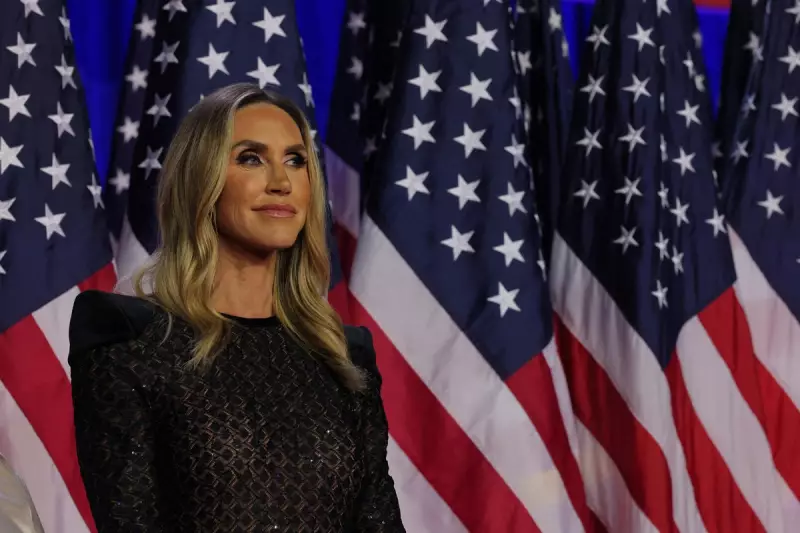
Lara Trump, the newly appointed co-chair of the Republican National Committee, has ignited a political firestorm with her controversial interpretation of this year's Super Bowl halftime spectacle.
A Political Interpretation of Entertainment
In a striking departure from typical post-game commentary, Trump claimed the meticulously choreographed performance headlined by Usher was intentionally crafted to "make a mockery of America." The daughter-in-law of former President Donald Trump made these assertions during a recent media appearance, suggesting the entertainment segment carried deeper political undertones.
"I think that's what they want," Trump stated, referring to the show's producers. "They want to make a mockery of our country, they want to make a mockery of the things that we hold really, really dear and important."
Public Backlash and Social Media Reaction
The comments have triggered widespread criticism across social media platforms, with many users questioning the politicisation of one of America's most-watched entertainment events. Critics have accused Trump of manufacturing controversy where none existed, noting that the halftime show traditionally focuses on musical performance rather than political commentary.
Usher's performance featured a medley of his greatest hits, special guest appearances including Alicia Keys, and elaborate choreography that paid homage to black entertainment traditions in Las Vegas, where the game was hosted.
Broader Political Context
This incident marks one of Lara Trump's first major public controversies since assuming her role at the RNC, signalling a potential continuation of the Trump family's tendency to engage with cultural issues through a political lens. The remarks come at a time when American entertainment and politics remain deeply intertwined, with both sides of the political spectrum increasingly scrutinising popular culture for perceived ideological messages.
As the 2024 election cycle intensifies, such interpretations of mainstream entertainment events are likely to become more frequent, reflecting the deepening cultural divides within American society.





